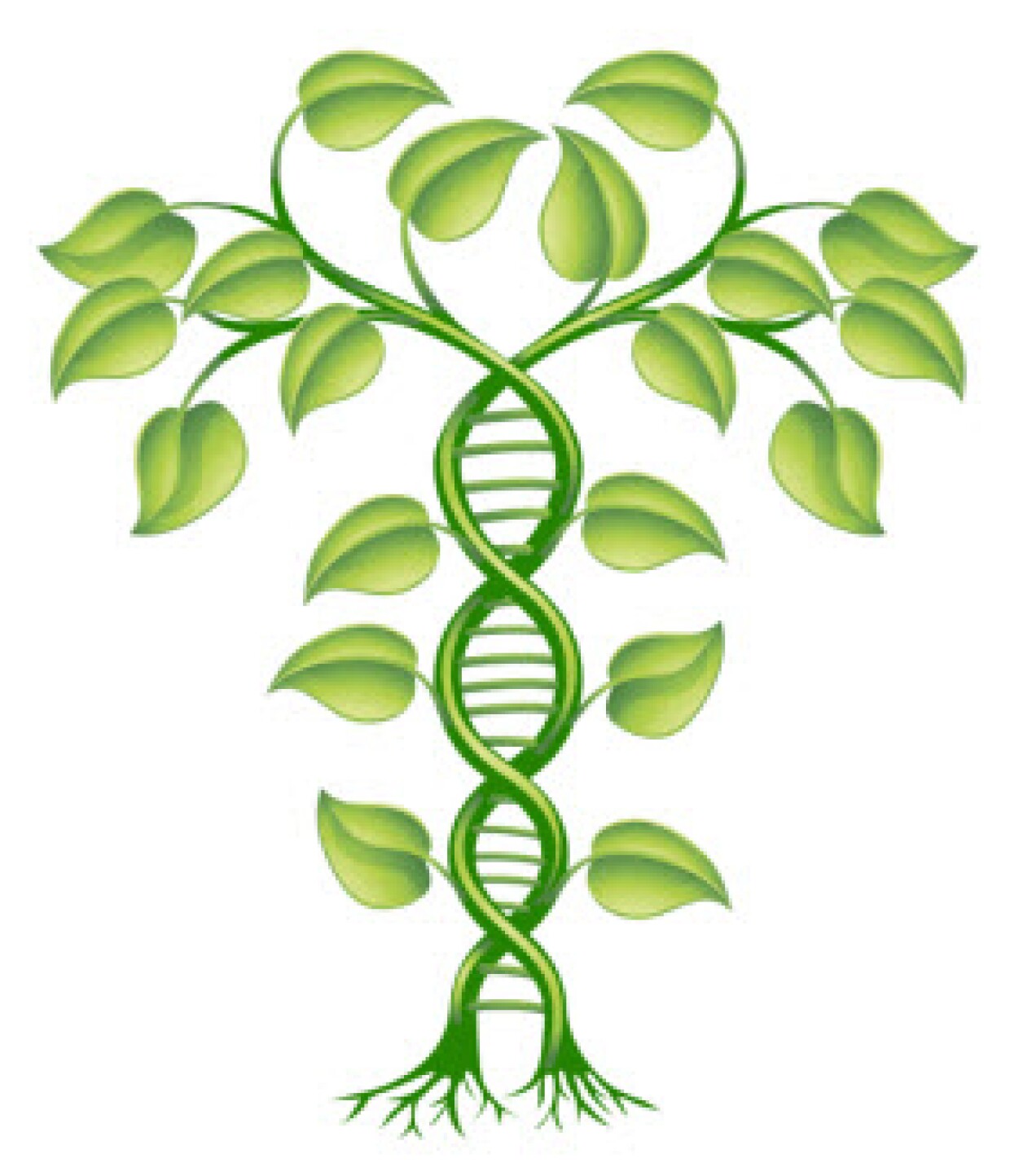Genetic genealogy is a relatively new field that combines traditional genealogy research with DNA testing to help individuals trace their ancestry. With the help of this science, individuals can gain an understanding of their family’s past and identify potential relatives.

The most common type of test used in genetic genealogy is an autosomal DNA test. This type of test looks at 22 pairs of chromosomes and can be used to identify relatives from anywhere on the family tree, including both maternal and paternal lines. It can also be used to determine the ethnic makeup of an individual, and in some cases, to identify specific ancestral locations.
In addition to autosomal DNA testing, there are other types of tests that can be used in genetic genealogy. For example, mtDNA (mitochondrial DNA) testing looks at genetic material passed down from a person’s mother, and Y-DNA testing looks at genetic material passed down from a person’s father. These tests can provide additional insights into a person’s family history and help them to identify relatives from specific lines.
Benefits of Genetic Genealogy
One of the biggest benefits of G. genealogy is that it can help answer questions that traditional genealogy research may not be able to. For example, if an individual has adopted, they may not know much about their biological family. Through genetic genealogy, they may be able to identify relatives and learn more about their ancestry.
Another benefit of genetic genealogy is that it can help individuals connect with living relatives. By comparing their DNA data with that of other individuals, people can locate distant relatives and uncover new branches of their family tree.
Genetic genealogy can be a powerful tool for those looking to learn more about their family history and identify potential relatives. With the help of this new field, individuals can gain a better understanding of their family’s past and gain valuable insights into their own identity.





















